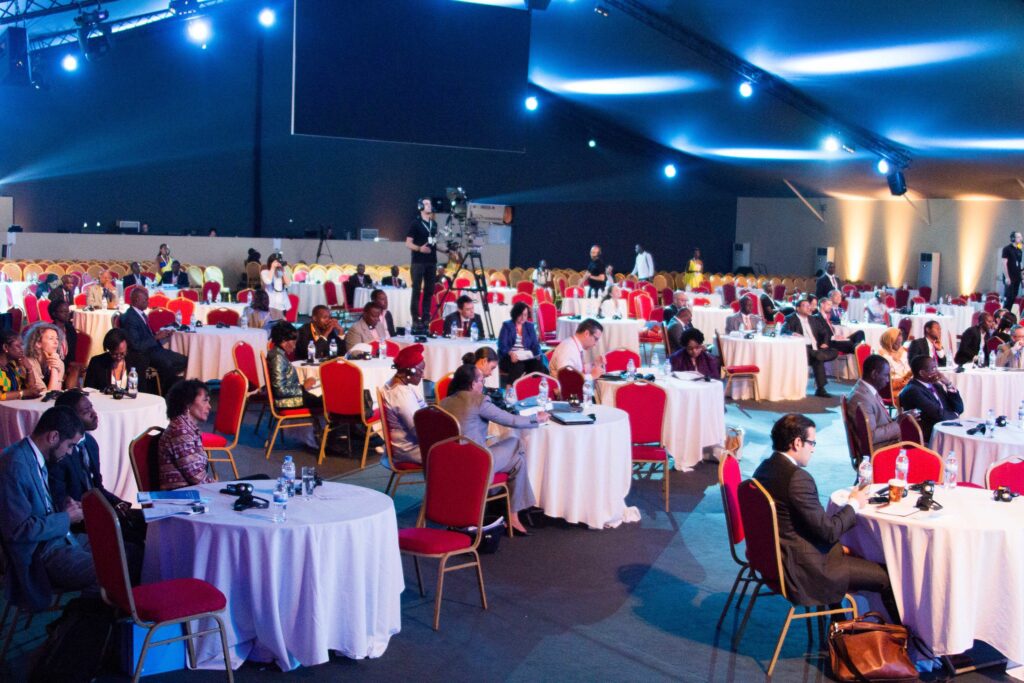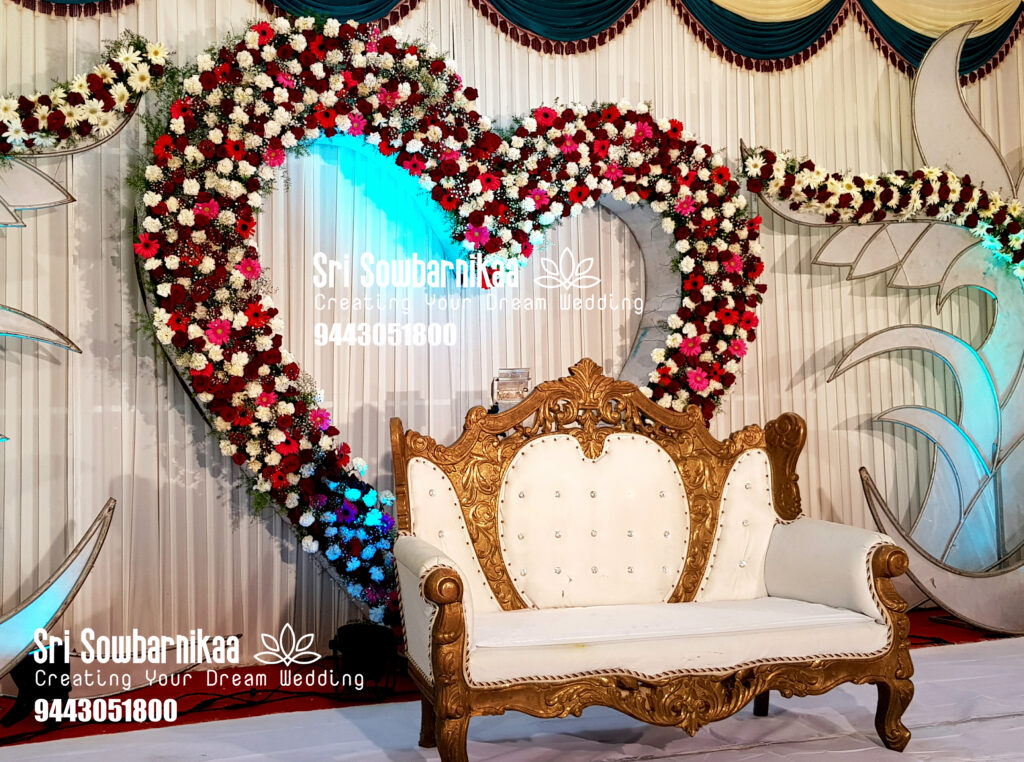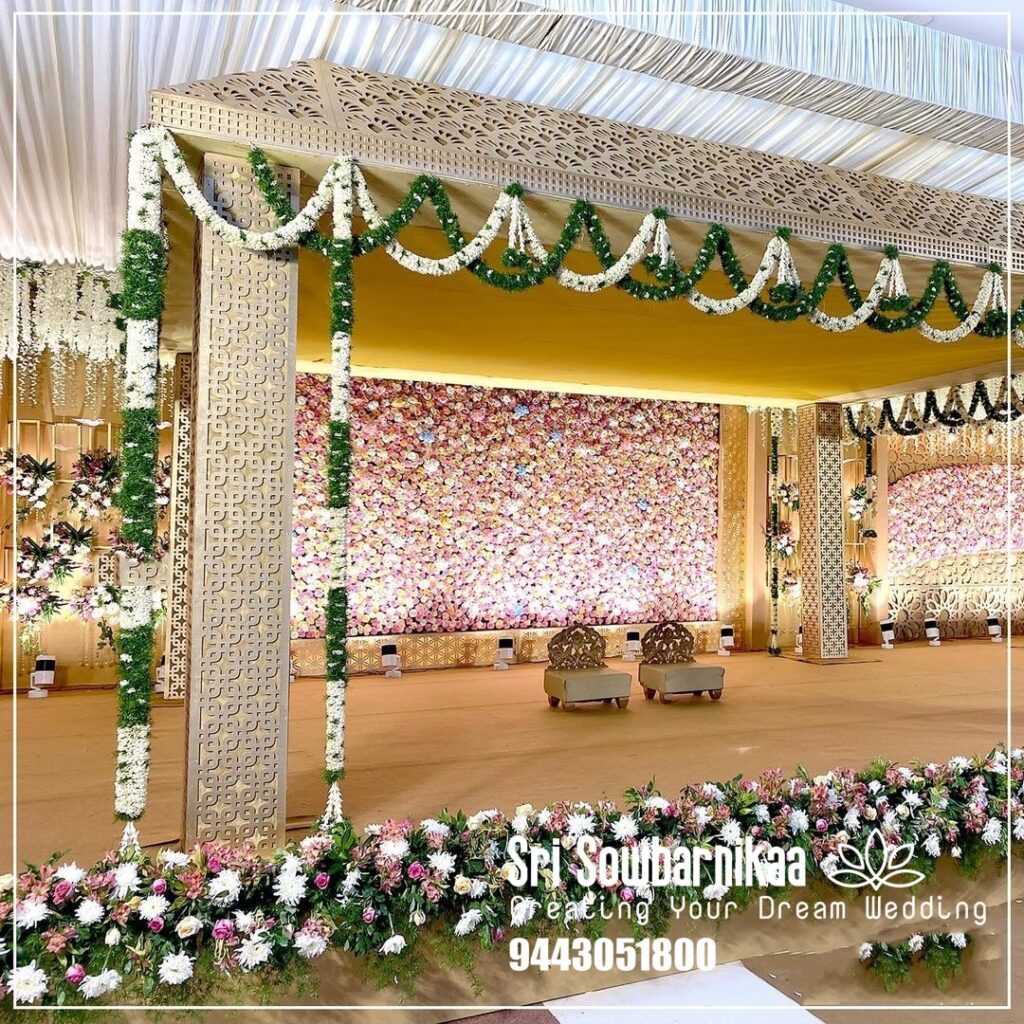Introduction:
Organizing an event can be a daunting task, especially if you have never done it before. From selecting the venue, creating a guest list, and coordinating vendors to finalizing logistics, there are countless details to keep track of. Without proper planning, even the most well-intentioned event can quickly become chaotic.
To help you stay on track, we have put together a comprehensive event planning checklist. This checklist covers everything you need to plan a successful event, from start to finish. By following this guide, you can ensure that your event runs smoothly and meets all of your goals.
Achieve Success: Strategic Event Planning Made Easy!
I. Setting Event Goals
Define the purpose of your event, including your desired outcomes and goals.
Establish a budget to ensure you stay within your financial means.
Determine key performance indicators (KPIs) to track your event’s success.
II. Choosing the Right Venue
Consider the type of event you are hosting to determine the appropriate venue.
Assess the location and accessibility of the venue, and whether it is convenient for your guests.
Evaluate the amenities provided by the venue, such as seating capacity, catering services, and parking options.
III. Creating the Guest List
Determine your target audience, including their demographics and interests.
Create a master guest list, including all potential attendees.
Segment your guest list based on priority, such as VIPs, sponsors, or speakers.
IV. Sending Invitations
Choose the right format for your invitations, such as email, social media, or traditional mail.
Create compelling copy to encourage attendees to RSVP.
Include important event details, such as the date, time, location, dress code, and RSVP deadline.
V. Planning the Menu
Select the cuisine that best suits your event, and cater to any dietary restrictions or allergies. Determine the style of service and type of food you will serve.
VI. Hiring Vendors
Research potential vendors, including caterers, florists, photographers, and event planners.
Request quotes and proposals from your shortlist of vendors.
Finalize contracts with your chosen vendors to ensure clear expectations and deliverables.
VII. Finalizing Logistics
Secure any necessary permits or licenses for your event, such as alcohol permits or noise permits.
Coordinate with the venue and vendors to ensure all logistics are in place.
Create a detailed day-of timeline to keep everyone on schedule and informed.
VIII. Preparing for the Day of the Event
Set up the event space according to your floor plan and design.
Conduct a sound check to ensure the audio and visual equipment is working properly.
Brief staff and volunteers on their roles and responsibilities.
IX. Post-Event Follow-Up
Conduct a post-event evaluation to gather feedback from attendees and measure the success of the event.
Send thank-you notes to attendees, sponsors, and vendors.
Follow up with attendees to gather additional feedback and maintain relationships.
FAQs:
Q: How far in advance should I start planning my event?
A: Ideally, you should start planning your event at least six months in advance to ensure ample time for preparation and securing vendors.
Q: How do I choose the right venue for my event?
A: Consider the type of event, location and accessibility, and amenities provided by the venue. Evaluate multiple options and visit the venues in person to get a better sense of the space.
Q: What should I include in my event invitations?
A: Your invitations should include the event date, time, location, dress code, RSVP deadline, and any other important details or instructions.
Q: How do I ensure my event runs smoothly?
A: Finalize all logistics in advance, create a detailed day-of timeline, and ensure that all staff and volunteers are briefed on their roles and responsibilities.
Conclusion:
Organizing a successful event takes careful planning and attention to detail. By following our comprehensive event planning checklist, you can ensure that your event meets all of your goals and runs smoothly from start to finish. Remember to set clear goals, choose the right venue and vendors, create a compelling guest list and invitation, plan your menu, finalize all logistics in advance, and follow up with attendees after the event. With these steps in place, your event is sure to be a success.




